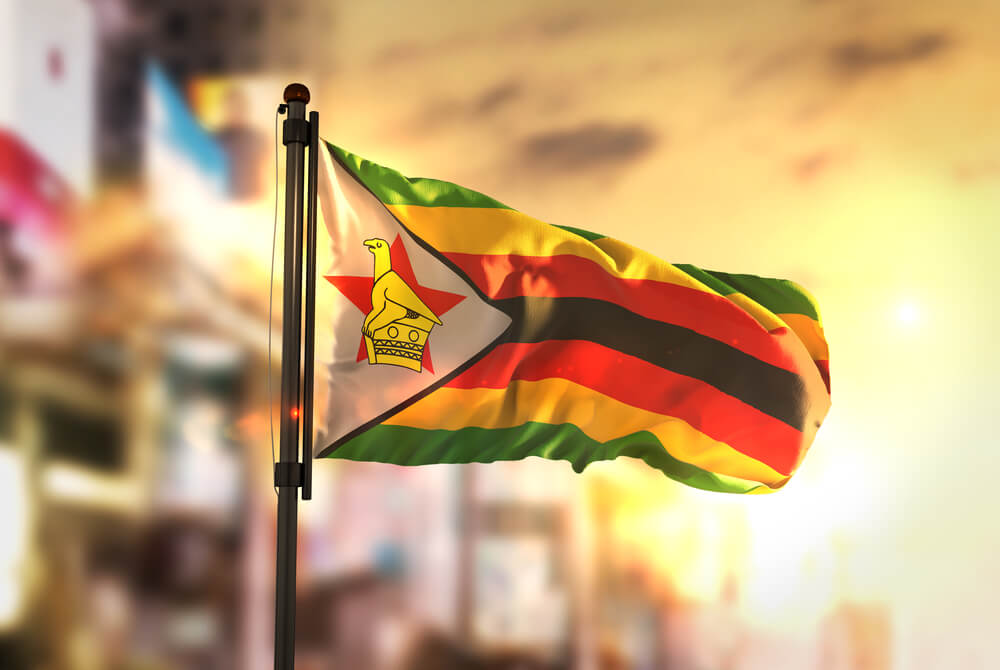Zimbabwe has proven to be a pretty interesting region for cryptocurrency. Local exchanges traded Bitcoin well above the $13,000 level before the rest of the world did. Golix, one of the local exchanges, has recently added both Ethereum and Bitcoin Gold trading markets. A very interesting turn of events. It is unclear how this will affect the future of cryptocurrencies
Golix is one of the few cryptocurrency trading platforms across Zimbabwe. Similar to most other African nations, this country can benefit a lot from adopting Bitcoin in an official manner. Whether or not that will happen, remains to be determined. For now, we see the Golix exchange enable support for additional cryptocurrencies. The choice for Ethereum makes a lot of sense in this regard, as it is one of the most popular altcoins in existence today.
Golix Adds More Cryptocurrencies
However, the addition of Bitcoin Gold raises some questions. While this is a top 10 cryptocurrency by market cap, it’s not even remotely popular.Adding more currencies is a smart decision, but only if the currencies are effectively in demand. Whether or not that will be the case with BTG, remains to be seen.
It is safe to say Golix is quickly becoming a rising star in Zimbabwe. The company processes around $1m worth of trades on a regular basis. Zimbabwe is not necessarily the biggest region when it comes to buying and selling cryptocurrency, though. Then again, things have not evolved all that much across most of Africa. Despite a strong focus on mobile and digital money, Bitcoin and consorts struggle to make any significant impact. Whether or not this situation will improve moving forward, is anybody’s guess right now.
We can only hope to see companies such as Golix process more transaction volume in the future. Zimbabwe may become a critical African region for cryptocurrency adoption. It is one of the many regions plagued by financial hardship for as long as most people remember. Bitcoin and other cryptocurrencies cna make a big impact in this regard. It will all depend on how the local government decides to regulate cryptocurrencies in the future.
Header image courtesy of Shutterstock



